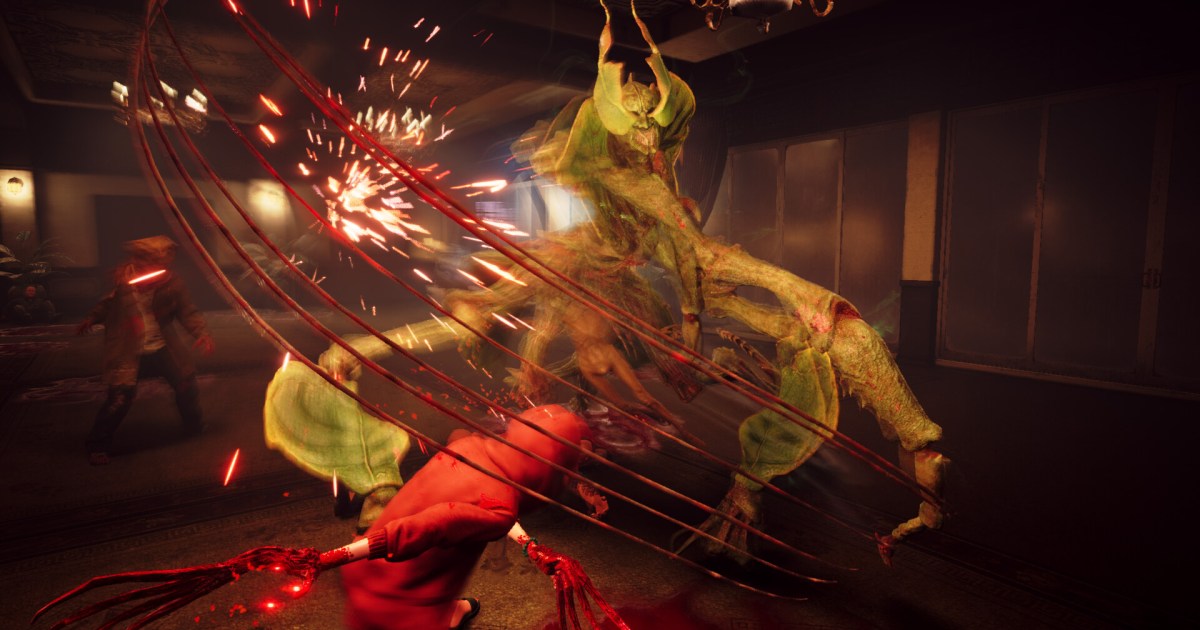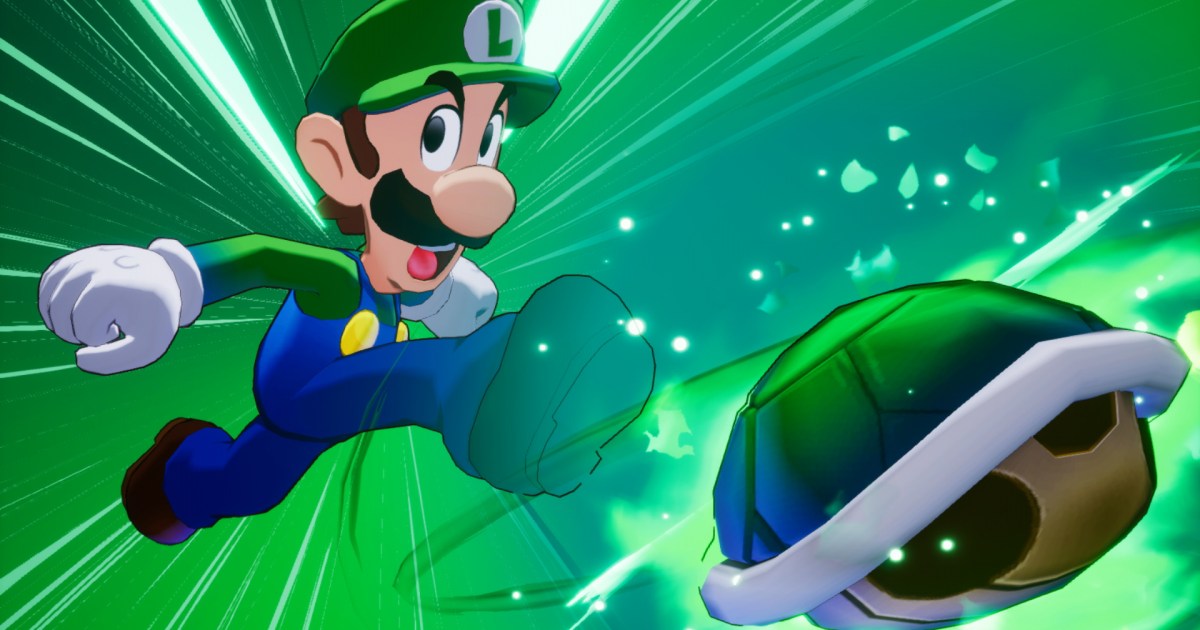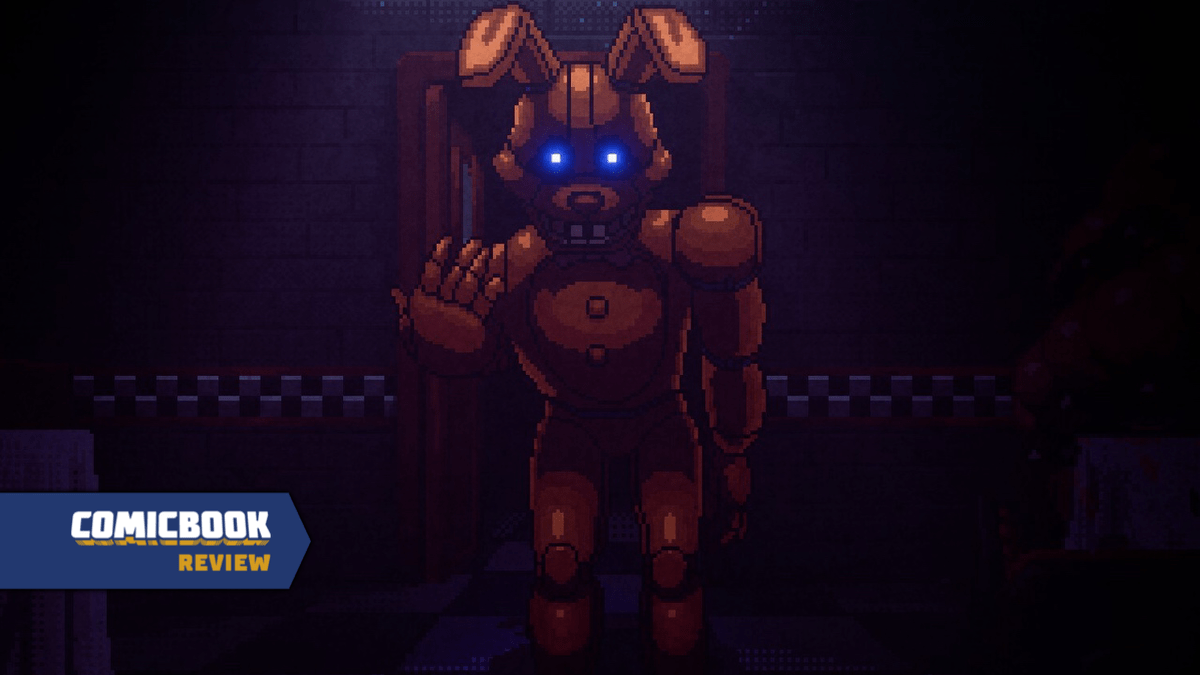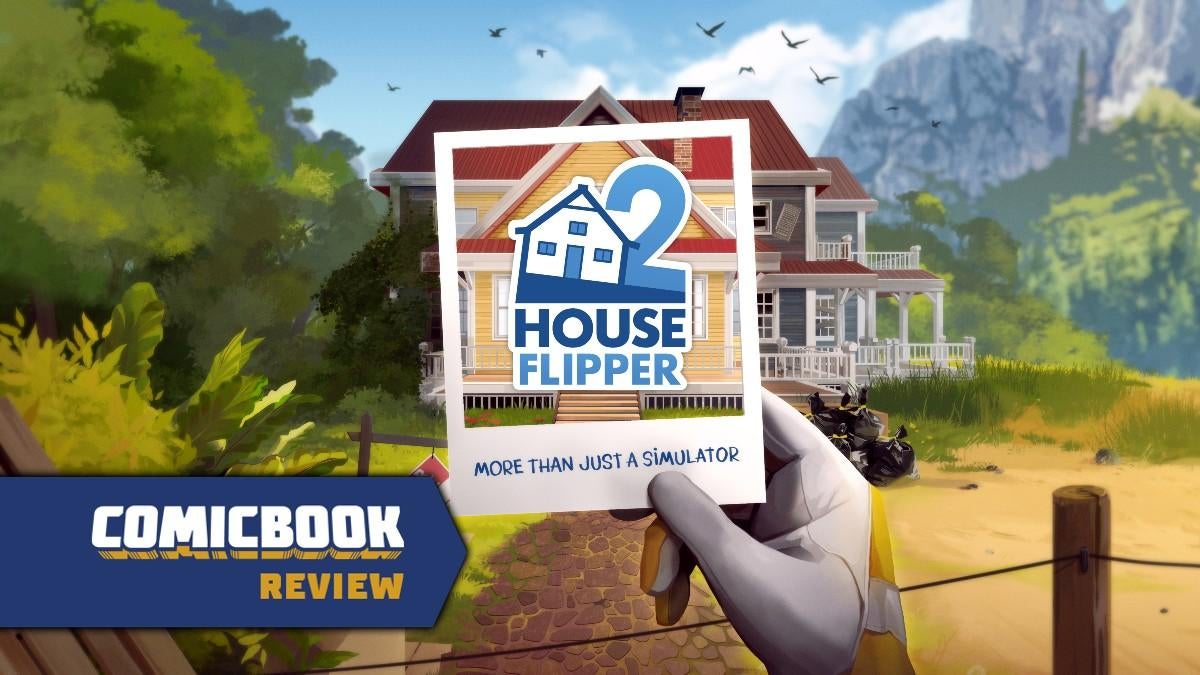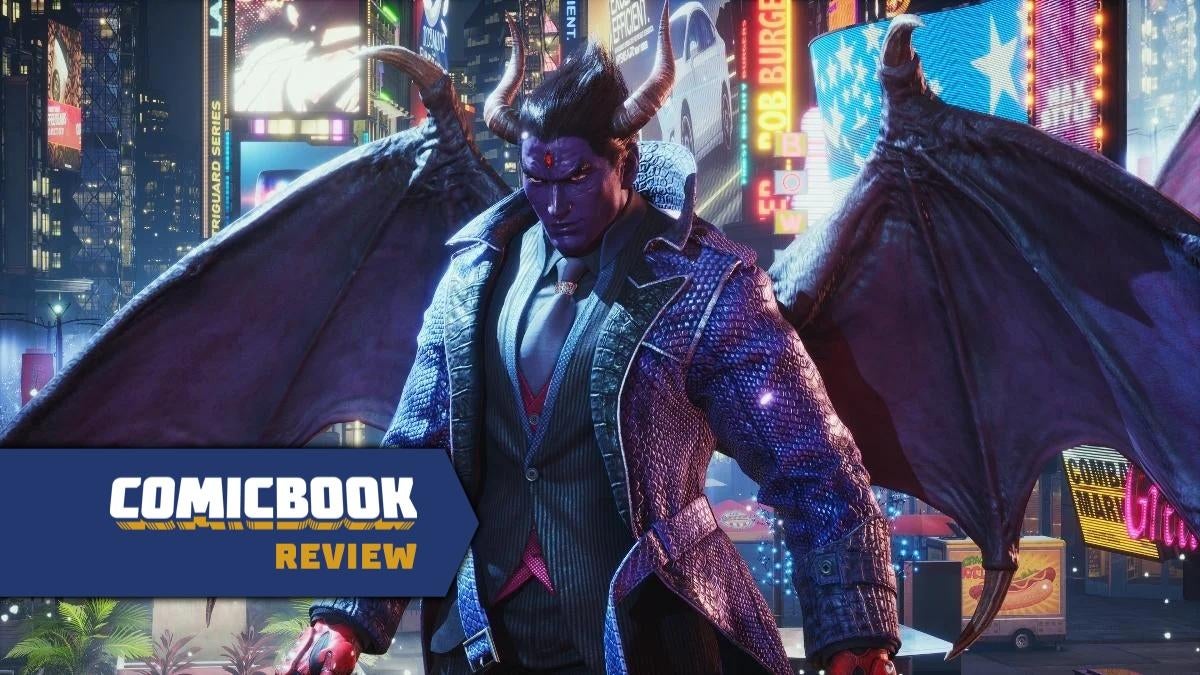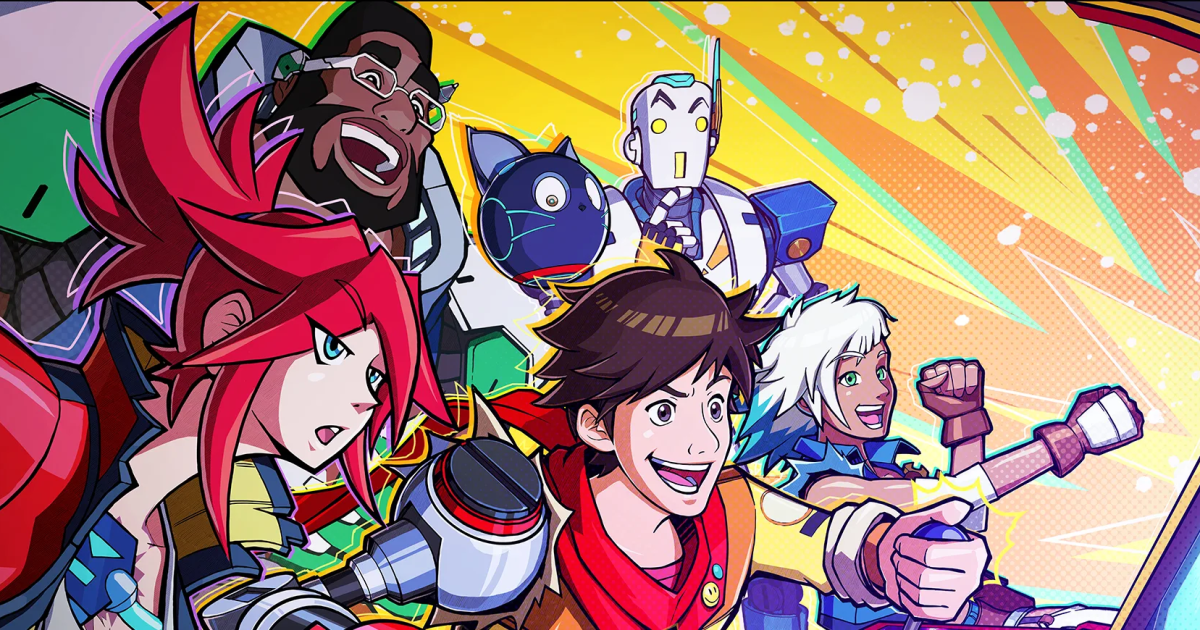Keiichiro Toyama, the visionary behind genre-defining titles like Silent Hill, Siren, and Gravity Rush, returns with Slitterhead, a unique and undeniably strange action horror game. Developed by Bokeh Game Studio, Slitterhead offers an experience unlike any other, showcasing the unbridled creativity that comes with independent development. While its ambitious gameplay doesn’t always hit the mark and the production values show the constraints of an independent studio, Slitterhead remains a fascinating and thought-provoking title.
A Nonlinear Narrative of Violence and Possession
Slitterhead plunges players into a time-looping battle against grotesque, insect-like creatures known as Slitterheads. These monsters prey on humans, devouring their brains and assuming their forms as mimics. The creature designs are truly disturbing, complemented by a haunting soundtrack from the legendary Akira Yamaoka. Similar to Toyama’s previous work on Siren, Slitterhead employs a nonlinear narrative structure, with missions unfolding across a recurring three-day cycle. This approach, while occasionally repetitive, creates intriguing twists and reveals as players unravel the mysteries surrounding the protagonist, Night Owl, the Slitterhead menace, and the “Rarity” humans possessing special powers.
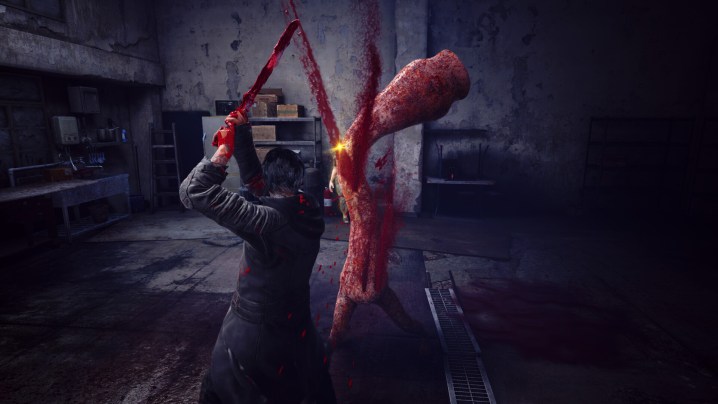 Players fight a phallic enemy in Slitterhead.
Players fight a phallic enemy in Slitterhead.
The story explores themes of cyclical violence and the plight of innocents caught in the crossfire. Night Owl, a spirit inhabiting different bodies, initially exploits this power for personal gain. However, the narrative cleverly critiques this behavior, prompting reflection on the consequences of such actions. As the game progresses, players develop empathy for the Rarity humans, mirroring Night Owl’s growing attachment. This emotional development adds depth to the gameplay, influencing player choices and diminishing the reliance on indiscriminate body-hopping. Unfortunately, the game’s production value hampers the narrative’s full potential. The lack of full voice acting, despite dialogue presented as if spoken, detracts from the emotional impact of key scenes. This budgetary constraint, understandable for an independent studio, highlights the gap between the game’s ambition and its execution.
Body-Hopping Action with Mixed Results
Slitterhead deviates from the survival horror roots of Toyama’s previous works, embracing a fast-paced action style. Players hunt and eliminate Slitterheads, engaging in thrilling chases across the cityscape. The body-hopping mechanic allows for dynamic pursuit, reminiscent of superhero games like Batman: Arkham Knight or Marvel’s Spider-Man. Players can even utilize “sightjacking,” similar to Siren, to track Slitterheads through their perspective. These chases culminate in intense battles against transformed, monstrous versions of the creatures.
However, Slitterhead‘s combat system doesn’t fully realize its potential. The lack of a precise lock-on system hinders combat fluidity, while the deflect mechanic feels imprecise and unnecessary. Furthermore, certain Rarity abilities can trivialize encounters, undermining the challenge.
Repetition and Unrealized Potential
Despite the intriguing narrative and innovative gameplay mechanics, Slitterhead suffers from repetitiveness. The Slitterhead encounters lack variety, offering little strategic evolution throughout the game. While new Rarities provide different abilities, the core combat loop remains largely unchanged. This repetition, coupled with the unpolished combat system, diminishes the enjoyment as the game progresses.
 A player explores the city in Slitterhead.
A player explores the city in Slitterhead.
Despite its flaws, Slitterhead deserves recognition for its boldness and originality. The nonlinear narrative, body-hopping mechanics, and thought-provoking themes offer a fresh perspective in the action horror genre. While the execution may be imperfect, Bokeh Game Studio’s ambition is commendable. Slitterhead may not reach the heights of Toyama’s previous masterpieces, but its creative spirit and innovative gameplay make it a worthwhile experience for those seeking something different.
Slitterhead was tested on Xbox Series X with a code provided by the publisher.



